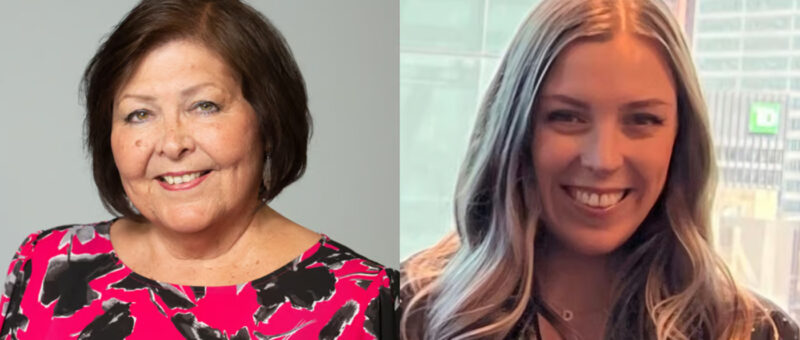This year, we had the privilege of working with Nelson authors and teachers Greg and Coleen Birkett who sat down with Dr. Vibe on his show to discuss why it is crucial to include the Black experience and diverse perspectives in learning all year round, not just during Black History Month.
“We are trying to have it woven into every fabric of our curriculum so it isn’t just a special month or a special class. Right now, we do have a Grade 12 course that speaks about the Black Canadian experience. We both co-authored a textbook with Rosemary Sadlier which is being used in some school boards here in Ontario and Nova Scotia. What we want to do is to take a cross-curricula approach, from kindergarten, when children are most ready, open and willing to learn and make it age appropriate, all the way up to Grade 12. We don’t want it to be a special platform; we want it to be a natural, organic part of the curriculum. It is Canadian history, it’s not Black Canadian history being taught in February in a particular class for kids with vested interest. It needs to be woven into every subject, across disciplines and across curriculum from K-12.”
Watch: How to Include Black Experience and Diverse Perspectives in Learning
Read: Embracing Diversity in Education: Insights from Nelson Authors Coleen and Greg Birkett



